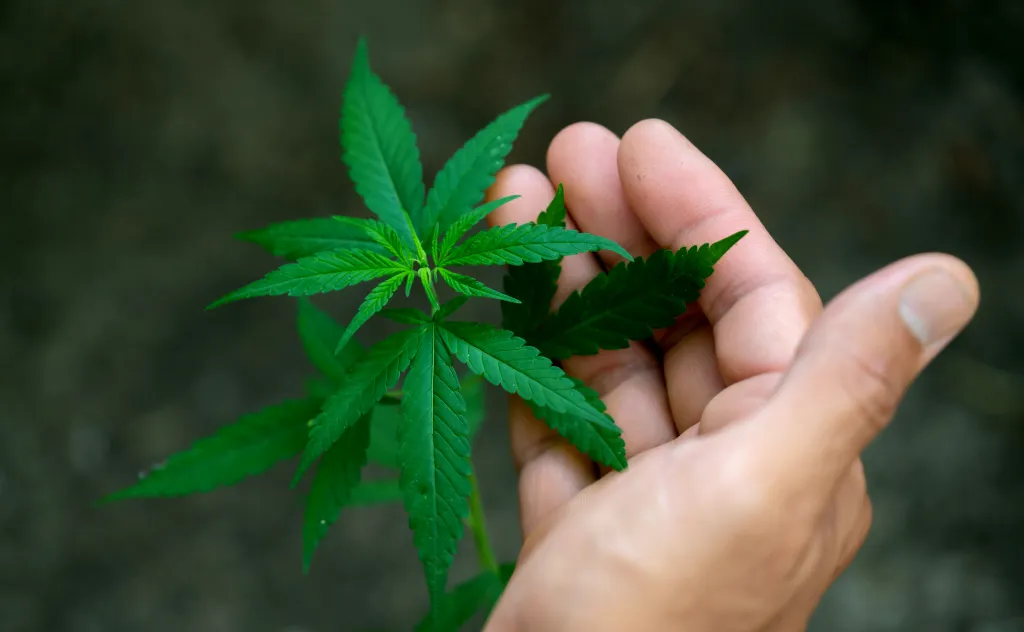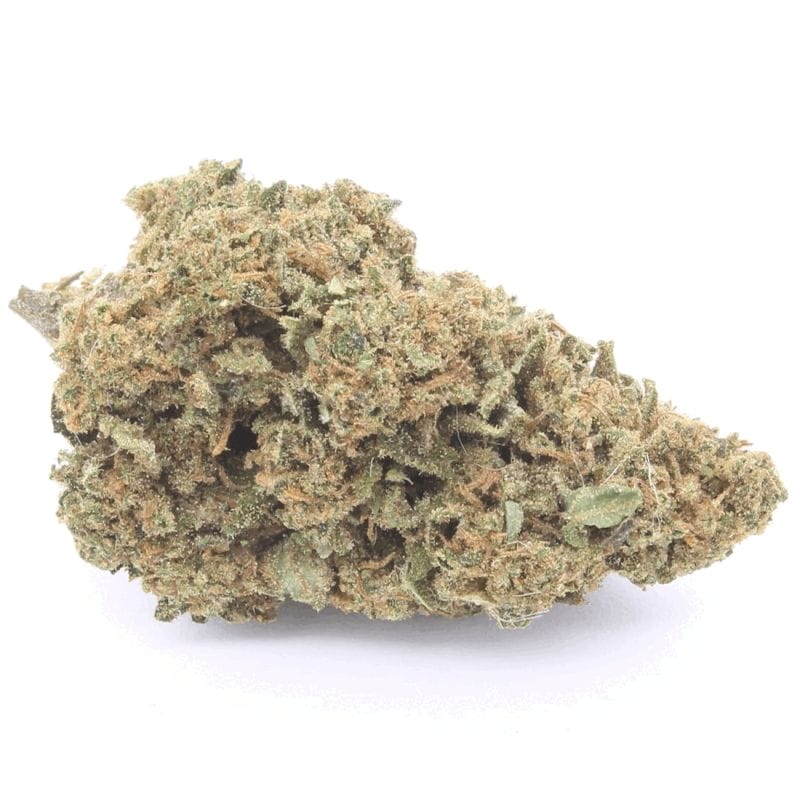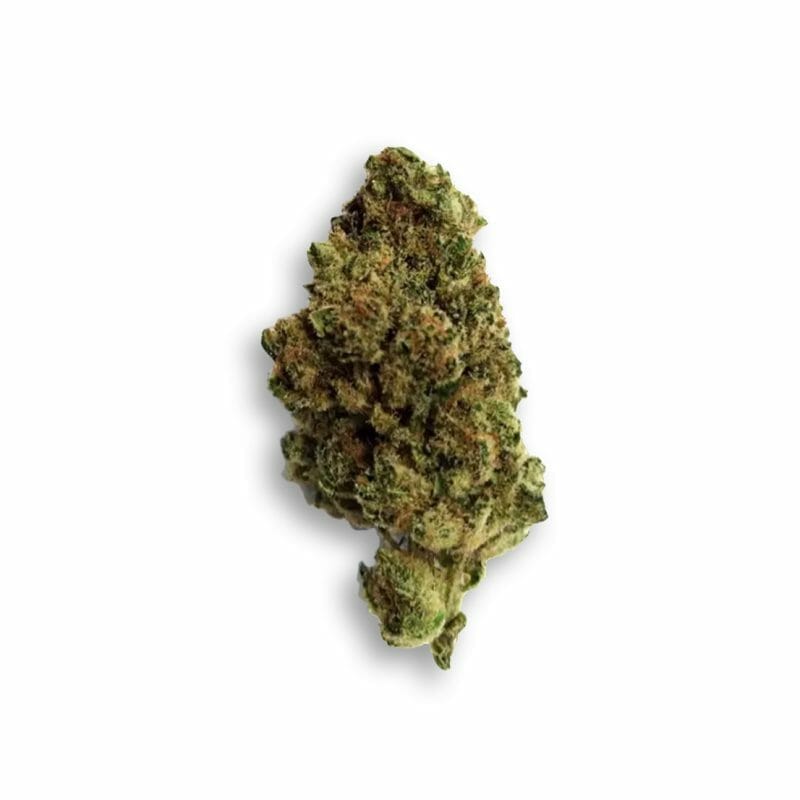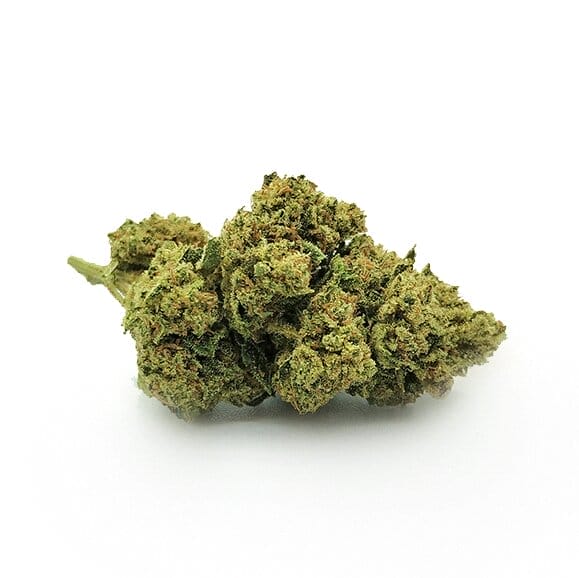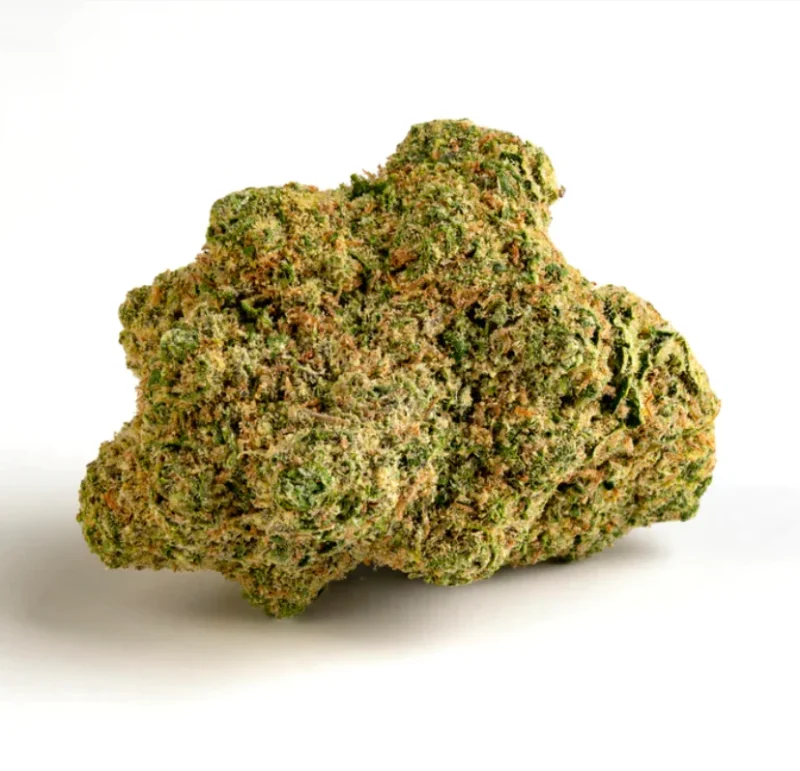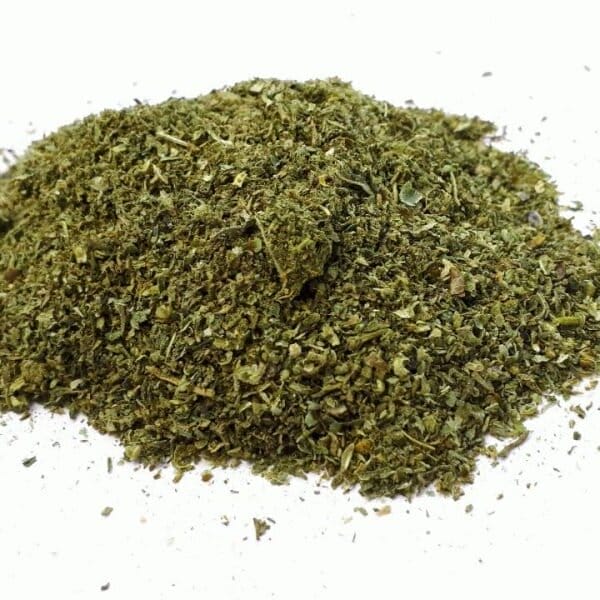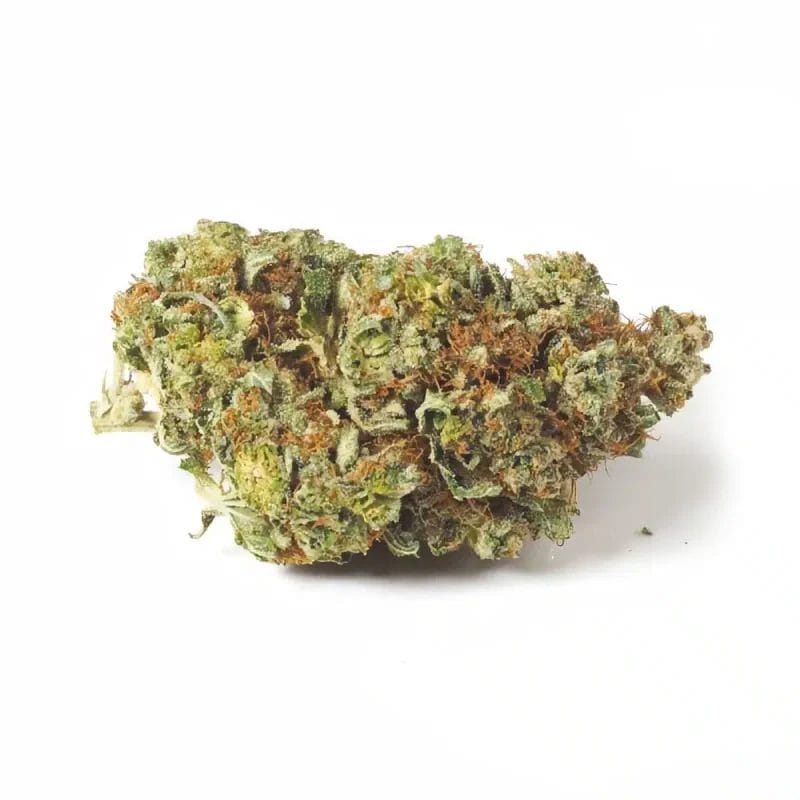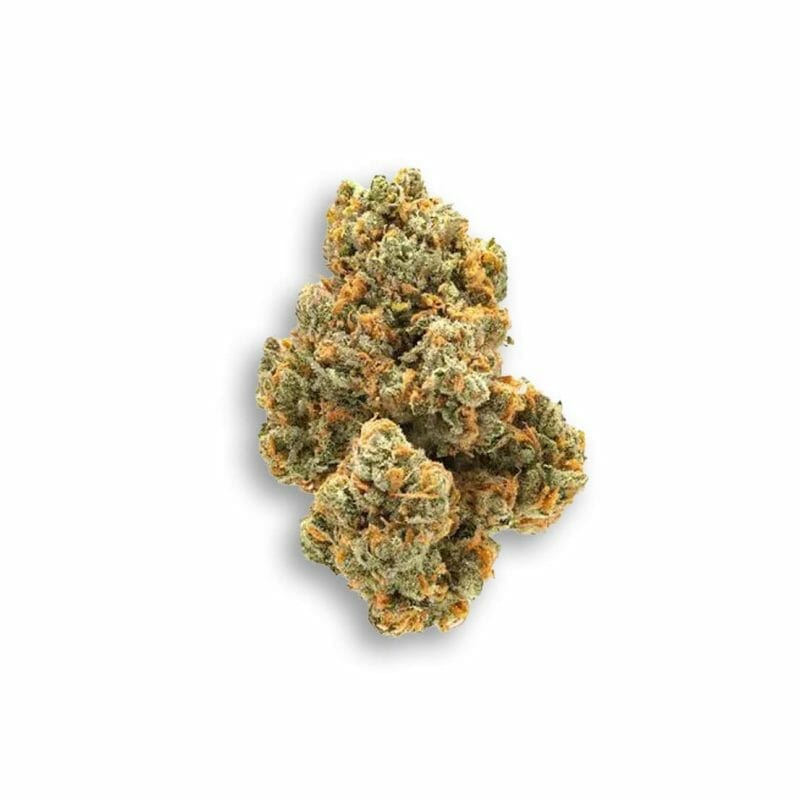Weed, ganja, canna, pot: there are so many colloquial ways of calling marijuana, a controversial substance, as much appreciated as demonised, but certainly little known.
Marijuana is a product of the cannabis sativa or indica plant and is one of the most widely consumed drugs in the world, especially by young people, despite the fact that it is illegal in most states, at least in certain quantities. The great success of this natural narcotic lies in its ability to relax, estrange and instil a general feeling of bliss, but the beneficial factor should not be overlooked, as it can be very useful in dealing with a variety of health situations.
In this article, we will therefore discover this plant with countless properties, its effects on our organism and its legal implications.
What kind of substance is marijuana?
Marijuana is obtained from the leaves and flowers of the cannabis plant, which are then dried.
It is a substance rich in components including THC, which is responsible for the psychoactive effects for which it is well known and which change depending on the subject of the variety of cannabis from which it is derived – and the possible crosses that are made between female and male plants.
This substance, which falls into the group of so-called ‘soft drugs’, is generally consumed pure, by combustion, but can also be processed for use in vaporisers or similar devices, to make oils, tinctures and foods, especially sweets, which go hand in hand with the concept of munchies – the appetite that is triggered after administration.
The effects of marijuana are manifold and it must be emphasised that, contrary to popular belief, they are not exclusively negative.
What does marijuana do?
Taking marijuana means experiencing a number of effects, both short-term and long-term.
Considering intake through combustion, i.e. smoking, the first effects are felt after about 10 minutes, reach their peak after about 30 minutes and last at most 4 to 6 hours; immediately, the psychedelic reactions due to THC are activated and a pleasant feeling of relaxation and well-being is perceived, the perception of time and space is distorted and brain activity slows down. One feels cheerful, sociable and joyful, colours and sounds become more intense and reasoning becomes more abstract. We are talking, in short, about the ‘high’ effect for which this substance is known worldwide. Of course, for each of us, reactions vary, depending on our mood, physical condition and the context in which we find ourselves, whether alone or in company.
During the first 24 hours, the subject may feel paranoid, confused and distracted, perceptions may be altered and it may be risky to drive vehicles or perform activities involving machinery or heavy vehicles. He/she may also experience burning in the eyes, an increase in blood pressure and a large appetite.
Long-term effects may affect the respiratory tract, causing bronchitis and coughing, or generate abdominal pain and frequent attacks of nausea and vomiting. At the cognitive level, especially in very young subjects, it could also lead to deficits and impairments. Finally, according to some studies, marijuana abuse may be related to infertility.
However, we must emphasise that, although it can be addictive, no cases of obstructive respiratory diseases, cancers or overdoses related to marijuana have ever been recorded.
How long has it been illegal?
Marijuana was made illegal in the United Kingdom in 1928 under the Dangerous Drugs Act. The Act classified cannabis as a Class B drug, making its possession, cultivation, and distribution illegal. Over the years, there have been amendments to the classification and penalties associated with cannabis offenses, but it has generally remained illegal for recreational use.
It’s important to note that there have been changes in recent years regarding medicinal cannabis in the UK. In November 2018, the government legalized the prescription of cannabis-based products for medicinal use in specific cases where other treatments have proven ineffective. However, this legalization is highly restricted and is applicable to a limited range of medical conditions.
The use of CBD is permitted in the United Kingdom under specific conditions, primarily if the THC content remains below 0.2%. However, there exist stringent criteria that CBD products must satisfy to be deemed legally suitable for human consumption. Therefore, when procuring CBD oil, sprays, or capsules, it is highly recommended to source them from reputable online platforms, authorized pharmacies, or recognized retail establishments. This course of action guarantees the integrity and safety of these commodities. Furthermore, meticulously perusing the product label before incorporating any CBD items is strongly encouraged.
-
 Ak47£3.50 – £270.00From 0,88 €/gr
Ak47£3.50 – £270.00From 0,88 €/gr -
 Amnesia Haze£3.50 – £350.00From 0,88 €/gr
Amnesia Haze£3.50 – £350.00From 0,88 €/gr -
 Blueberry£3.50 – £270.00From 0,88 €/gr
Blueberry£3.50 – £270.00From 0,88 €/gr -
 Bubblegum£3.50 – £270.00From 0,88 €/gr
Bubblegum£3.50 – £270.00From 0,88 €/gr -
 Candy Kush£3.50 – £350.00From 0,88 €/gr
Candy Kush£3.50 – £350.00From 0,88 €/gr -
 Cannabis Indoor Mix – Legal Cannabis£13.00 – £80.00From 0,80 €/gr
Cannabis Indoor Mix – Legal Cannabis£13.00 – £80.00From 0,80 €/gr -
 Gorilla Glue£3.50 – £350.00From 0,88 €/gr
Gorilla Glue£3.50 – £350.00From 0,88 €/gr -
 Grand Reserve Super Skunk£3.50 – £450.00From 0,88 €/gr
Grand Reserve Super Skunk£3.50 – £450.00From 0,88 €/gr -
 Green Crack£8.00 – £350.00From 3,50 €/gr
Green Crack£8.00 – £350.00From 3,50 €/gr
What is the difference between hash and marijuana?
Hashish, referred to in jargon as ‘hash’, is also a product of the cannabis plant. But whereas marijuana is derived from the leaves and flowers, smoke is made from the resins of the inflorescences.
The process of extracting hashish involves, as with weed, harvesting the plants, but then separating the trichomes, the thin, hair-like outgrowths or small tentacles that are found on the surface of the cannabis and produce the resin. This is separated from the rest, crushed with special tools or by hand, and then compacted to make pellets or balls.
As far as the effects are concerned, it should be pointed out that marijuana has a THC content of 10-20% while hashish can be up to 60%, because there is a very high concentration of active ingredients in the trichomes. This means that the long-term reactions mentioned above can be much more intense.
It should be added, however, that according to recent studies by the National Institute on Drug Abuse, the THC levels of marijuana have risen considerably in recent years and thus its effects are gradually becoming equal to those of hashish.
When is marijuana used as a medicine?
In the United Kingdom, marijuana, or more specifically cannabis-based products, can be prescribed as a medicine in certain circumstances. The use of cannabis-based products for medicinal purposes was legalized in November 2018. These products can only be prescribed by specialist doctors for patients with certain medical conditions where other treatments have not been effective or suitable.
Cannabis-based products might be prescribed for a range of medical conditions, including the management of chemotherapy and radiotherapy side effects (such as nausea, vomiting, and loss of appetite), addressing the side effects of HIV therapies, managing symptoms of multiple sclerosis, alleviating symptoms of rheumatic diseases (such as arthritis, osteoarthritis, and fibromyalgia), aiding with eating disorders, mitigating glaucoma symptoms, and alleviating symptoms associated with Tourette’s syndrome.
It’s important to note that while the use of cannabis-based products for medicinal purposes is legal, the availability and prescription process are tightly regulated. The products must meet specific quality and safety standards, and they are typically prescribed only after other conventional treatments have been exhausted.
Legal alternatives to marijuana
Legal alternatives to marijuana are those with a THC content of less than 0.2% and therefore a preponderant amount of CBD. CBD is the substance with the most beneficial effects and, unlike THC, does not produce altering or harmful effects. With this specification, the regulation allows consumers to benefit from the therapeutic properties of the plant without experiencing the side effects caused by THC.
Legal CBD products are CBD oils, capsules, candies or legal herb variants. These are supplements and natural substances that help relieve feelings of anxiety or depression, but also states of inflammation or physical pain. They are natural methods of taking care of one’s body without having to resort to chemically produced drugs every time and which, in the long run, can be addictive or cause other side effects.
 Contact us
Contact us 

